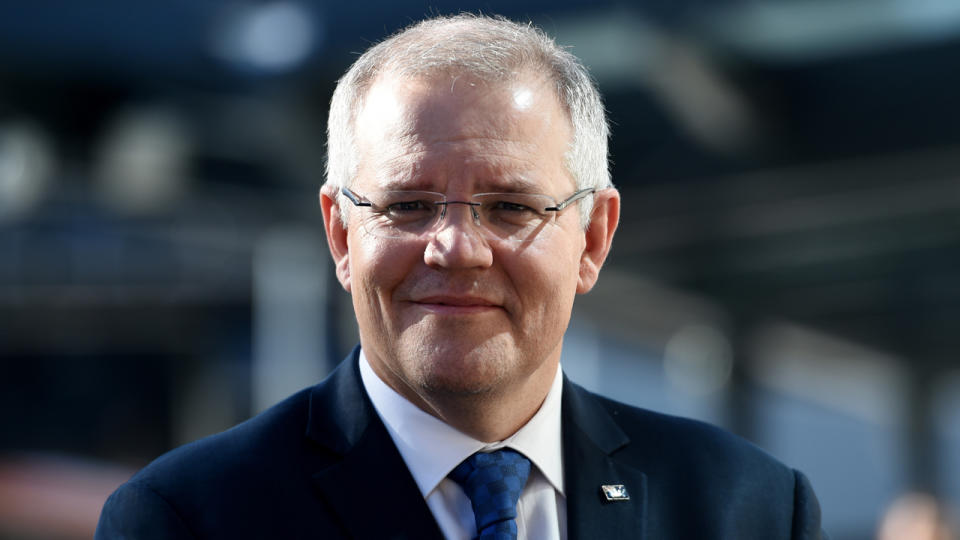Budget deficit blow-out in mid-year update

Treasurer Scott Morrison's first mid-year budget review has shown a marked deterioration in the budget deficit.
The Federal Government today unveiled the Mid-Year Economic and Fiscal Outlook (MYEFO), showing a deterioration of $2.3 billion in the forecast deficit for 2015-16, since the May budget.
Here are five things you need to know about the MYEFO 2015-16 budget update:
· The federal budget deficit has increased to $37.4 billion in 2015-16 due to the falling iron ore price and lower predictions for economic with a forecast of $33.7 billion in 2016-17, $23.0 billion in 2017-18 and $14.2 billion in 2018-19.
· MYEFO downgrades the Federal Treasury's predictions for economic growth from a gross domestic product (GDP) figure of 2.75 per cent in 2015-16, to 2.5 per cent.
· The Government has spent an additional $1.1 billion on innovation since the May budget.
· $909 million will be spent to re-settle 12,000 Syrian refugees.
· Unemployment rate in 2015-16 expected to be 0.5 per cent less than budget forecast, with MYEFO tipping six per cent jobless.
The timing of a return to surplus has been pushed back a year to 2020/21.
The revenue write-down was the result of "considerably weaker" tax receipts from tumbling commodity prices, low wages growth and volatile equity markets.
Morrison, in a joint statement with Finance Minister Mathias Cormann, said the deterioration since May was also due to a declining terms of trade, weaker global growth and the adoption of a more realistic growth outlook.
"We continue patiently and responsibly on the path to budget balance," they said.
"These results better the average of market expectations and are the result of the government focussing on what it can control rather than what it can't," the ministers said.

 Yahoo Finance
Yahoo Finance 
